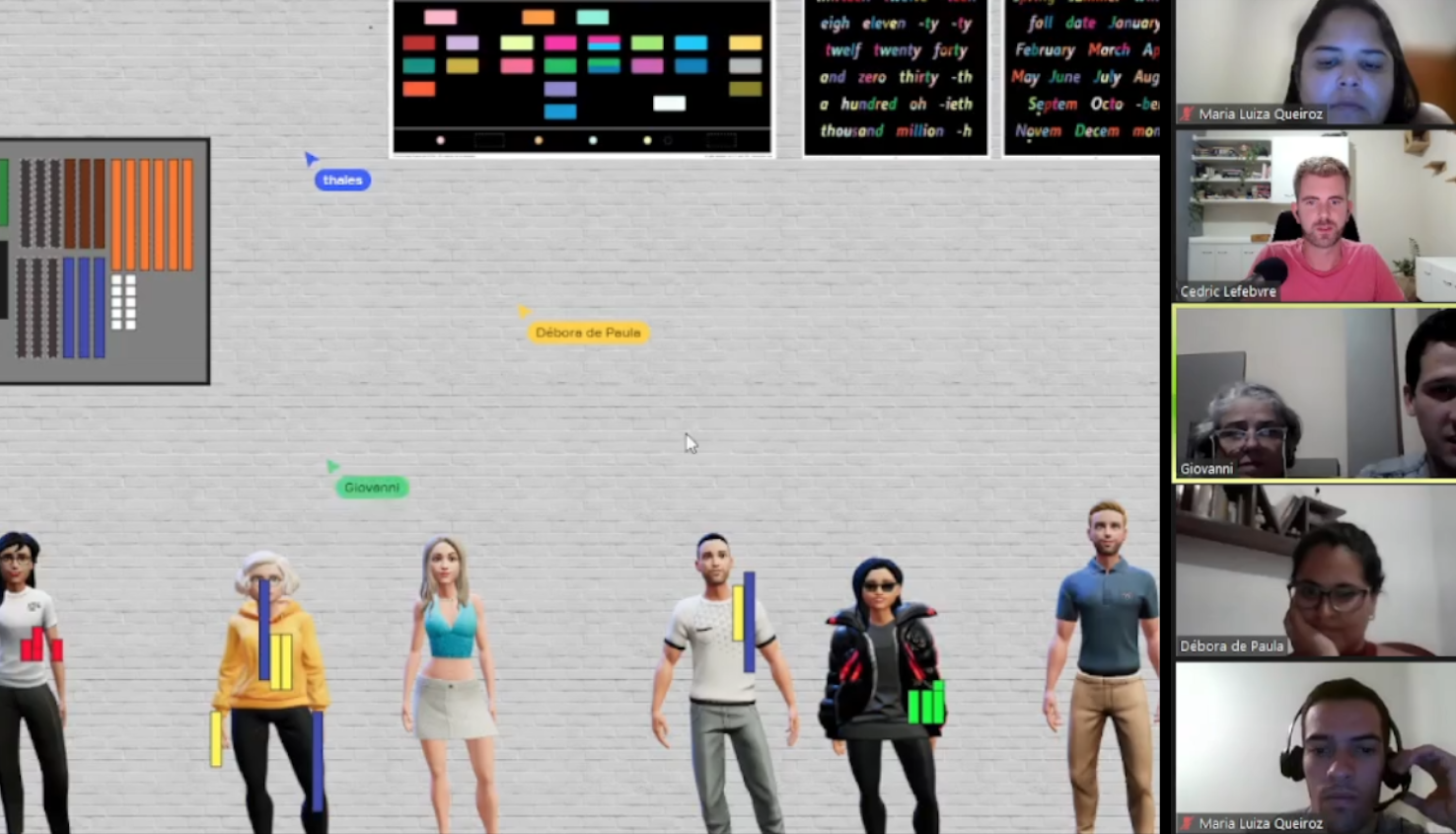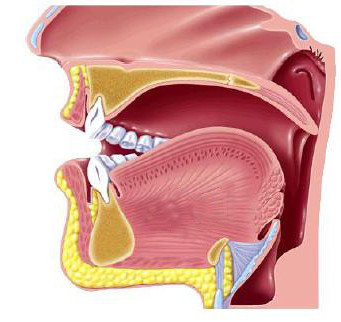
Category: Language learning
-

Why Duolingo Will Fail Your Language Learning Goals
Read More: Why Duolingo Will Fail Your Language Learning GoalsWhen it comes to learning a new language, many people turn to Duolingo, lured by its colorful interface, gamified features, and promises of making the process easy and fun. However, behind the flashy badges and daily streaks lies a reality that is far less effective than it seems. Here are some reasons why relying on…
-

Will Learning a Language Change Us?
Read More: Will Learning a Language Change Us?The idea that “language is for communication” is a huge oversimplification of its profound role in human life. While language indeed facilitates interaction, it also serves as a powerful mechanism for thought, self-expression, and personal understanding.
-

Feedback improves self-confidence
Read More: Feedback improves self-confidenceIn a lesson, a teacher plays a dual role. First, they spark the students’ need to express something meaningful and accurate. Second, they act as a quality control, offering feedback whenever a student’s expression needs correction or improvement. To get the students talking, a teacher might present tangible objects or situations—like props, items in the…
-

Getting More out of my Lessons with Handwriting
Read More: Getting More out of my Lessons with HandwritingToday, let’s explore a technique that can significantly boost your language acquisition journey: combining ‘free recall’ with writing practice, harnessing the benefits of handwriting. If you’re eager to maximize the benefits of your lessons, this activity could be a game-changer for you. Understanding ‘Free Recall’ After French lessons, many learners find ‘free recall’ to be…
-

Beyond Vocabulary Memorization
Read More: Beyond Vocabulary MemorizationAre you feeling overwhelmed by the prospect of mastering a new language? Perhaps you’ve been led to believe that memorizing thousands of words is the only path to fluency. But what if I told you there’s a more efficient, less daunting approach to language learning? Today, I’m here to debunk the myth of vocabulary memorization…
-

Learn to Speak, Speak to Learn: Mastering a New Language Through Deliberate Practice
Read More: Learn to Speak, Speak to Learn: Mastering a New Language Through Deliberate PracticeLearning a new language isn’t about memorizing rules and explanations; it’s about acquiring a skill, much like driving a car or playing a musical instrument. Traditional language classrooms often leave students well-versed in grammar and syntax but lacking the ability to speak the language naturally. The key to bridging this gap lies in the science…
-

Unlocking the Secret to Exceptional French Pronunciation: The Silent Way
Read More: Unlocking the Secret to Exceptional French Pronunciation: The Silent WayThere’s no denying the allure of speaking a new language fluently, and one of the key ingredients to mastering any language is impeccable pronunciation. French, known for its melodious and intricate sounds, can be particularly challenging in this regard. But fret not, for the Silent Way teaching method has a unique approach to help you…
-

Optimize Learning with Mini Groups: Master French Faster
Read More: Optimize Learning with Mini Groups: Master French FasterWhen it comes to learning French, there’s a world of options at your fingertips. From traditional classroom settings to online lessons, the choices are endless. However, one approach stands out as a game-changer: online mini groups. In this article, we’ll explore four compelling reasons why online mini groups should be your top choice when learning…
-

Speak, Don’t Write: Learn French the Silent Way!
Read More: Speak, Don’t Write: Learn French the Silent Way!Are you tired of endless grammar drills, textbooks, and writing exercises in your quest to learn French? If so, the Silent Way might be just what you’ve been looking for. In this blog, we’ll explore how the Silent Way method offers a fresh approach to learning French, where speaking takes center stage. Say goodbye to…
-

Silent Way Language Teaching: The Neuroscientific Backing Behind an Active Learning Method
Read More: Silent Way Language Teaching: The Neuroscientific Backing Behind an Active Learning MethodThe Silent Way approach to language teaching is a method that emphasizes the active participation of students in the learning process. This method is often praised for its effectiveness, and it has been shown to be backed by science through its connection with the four pillars of learning established by neuroscientist Stanislas Dehaene. In this…
Search
Popular Posts
-
Why Duolingo Will Fail Your Language Learning Goals
When it comes to learning a new language, many people turn to Duolingo, lured by its colorful interface, gamified features, and promises of making the process easy and fun. However, behind the flashy badges and daily streaks lies a reality that is far less effective than it seems. Here are some reasons why relying on…
-
Will Learning a Language Change Us?
The idea that “language is for communication” is a huge oversimplification of its profound role in human life. While language indeed facilitates interaction, it also serves as a powerful mechanism for thought, self-expression, and personal understanding.
-
Tip of the Tongue Behind Your Lower Teeth!
Learning French pronunciation can be challenging, especially when it comes to mastering the unique sounds that don’t exist in your first language. But here’s a tip that could make a huge difference: start with where you place your tongue! Understanding Articulatory Setting Let’s begin with a concept that isn’t often discussed in language classes but…

